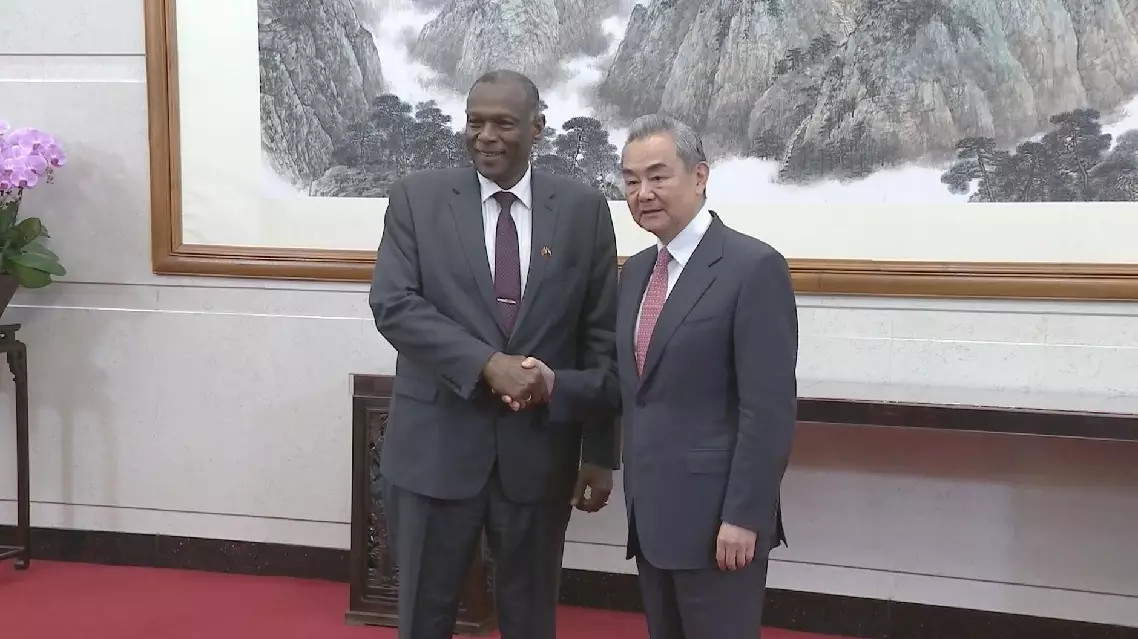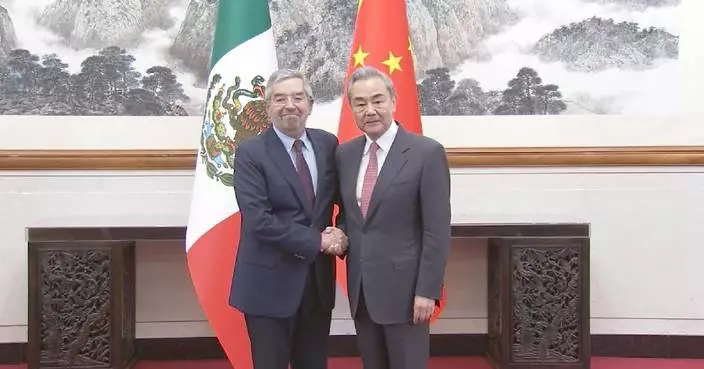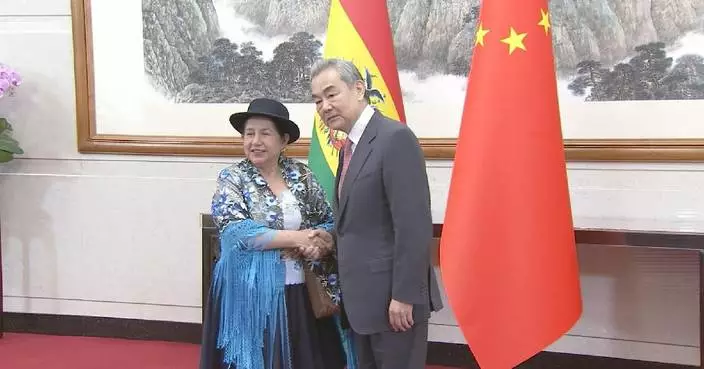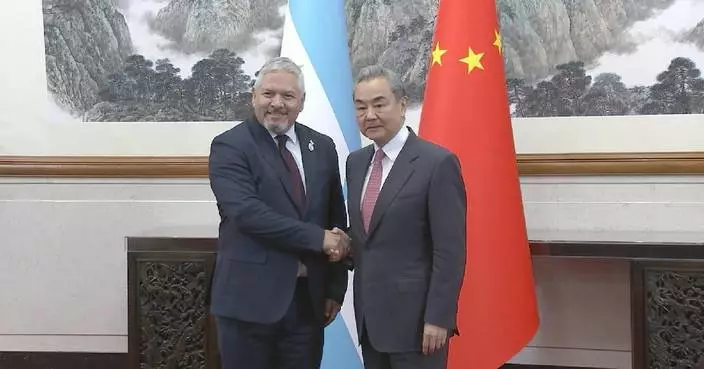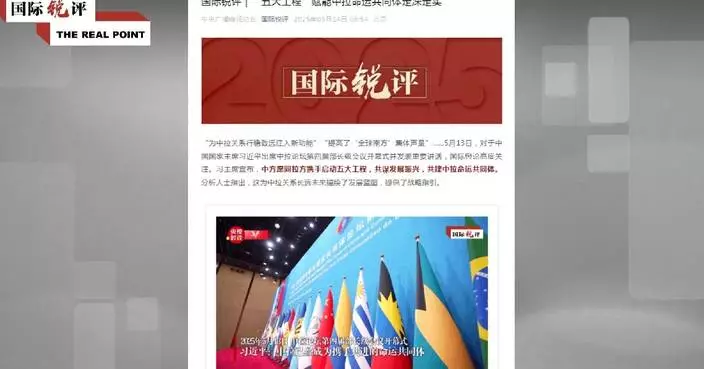China's only manned carrier rocket in use currently, the Long March-2F, has an all-success track record of sending Shenzhou spaceships and other spacecraft into space over the past 25 years.
The Long March-2F carrier rocket conducted its first mission on November 20, 1999, successfully sending China's first experimental spaceship, the Shenzhou-1, into space.
This reliable rocket on Wednesday lifted the Shenzhou-19 crew to space, which is the latest progress of China's space program.
The combination of the Shenzhou-19 manned spaceship and a Long March-2F carrier rocket was transferred to the launching area at the Jiuquan Satellite Launch Center in northwest China on October 22, to make the final preparation before launching.
The combination was lifted from the assembly and test facility and smoothly transported via a vertical transfer method.
In China, this way of transporting upright or vertically has started with the Long March 2F rocket.
"The 'three-vertical mode' refers to vertical assembly, vertical transport, and vertical launch. The Long March-2F rocket is China's first 'three-vertical mode' rocket. Subsequent rockets such as the Long March-5 and Long March-7, which are currently in service, as well as the future next-generation manned rocket, all use this 'three-vertical' mode," said Ren Xiaowei, an engineer of the China Aerospace Science and Technology Corporation.
Ever since the rollout process, the Long March-2F rocket responsible for the Shenzhou-19 mission has stood tall and straight, its uprightness gets further fine-tuned after propellant loading.
"You can see four green column-like support arms. Their height can be adjusted. Through these, the rocket's verticality can be precisely controlled. Generally, it is adjusted to within one minute (that is within the range of 1/60th of a degree)," said Ren.
About 6.5 hours after launching, the Shenzhou-19 spaceship successfully docked with the space station combination, and the crew, mission commander Cai Xuzhe and astronauts Song Lingdong and Wang Haoze entered the space station, where the three astronauts of the Shenzhou-18 mission were ready for their arrival.

China's Long March-2F carrier rocket has all-success mission record since first flight



